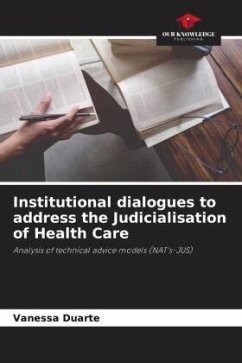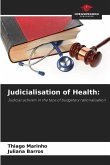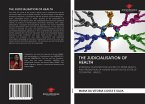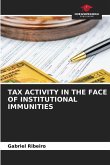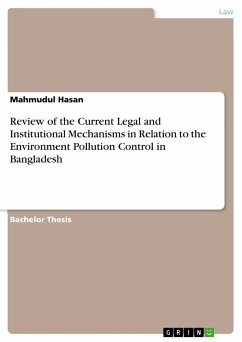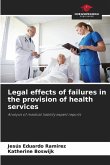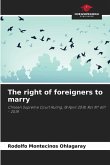The work aims to analyse new arrangements for dealing with the phenomenon of judicialisation of public health in Brazil based on measures that propose cooperation and institutional dialogue. To this end, the specific objective was to analyse the arguments and proposals raised at the 2009 Public Hearing on Health convened by the Federal Supreme Court, as well as the measures incorporated by the judiciary through Resolutions and Recommendations issued by the CNJ, cutting out from these those that, for their execution, involve the need for dialogue between the judiciary and other sectors and/or institutions. The methodology used intended to break with the disciplinary limits of the legal field, through empirical investigations to support the research problem. Thus, the research sought to identify in each State Court of Justice the progress of the implementation of the cooperation measure, selecting three cases for analysis. At the end, the form of articulation between the different institutions and how institutional cooperation is organised were described, analysing how these new arrangements impact on the judicialisation of public health.

